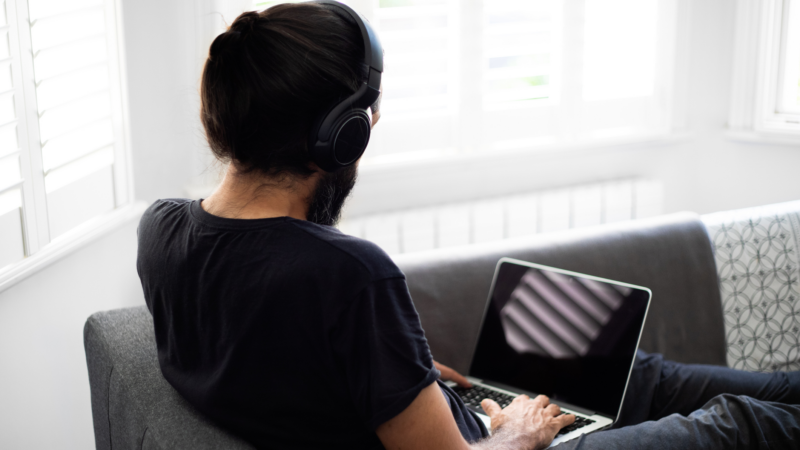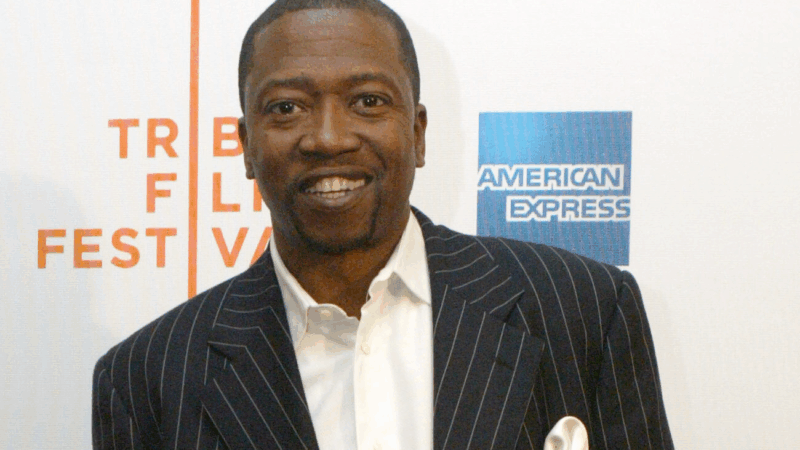The (artificial intelligence) therapist can see you now
New research suggests that given the right kind of training, AI bots can deliver mental health therapy with as much efficacy as — or more than — human clinicians.
The recent study, published in the New England Journal of Medicine, shows results from the first randomized clinical trial for AI therapy.
Researchers from Dartmouth College built the bot as a way of taking a new approach to a longstanding problem: The U.S. continues to grapple with an acute shortage of mental health providers. “I think one of the things that doesn’t scale well is humans,” says Nick Jacobson, a clinical psychologist who was part of this research team. For every 340 people in the U.S., there is just one mental health clinician, according to some estimates.
While many AI bots already on the market claim to offer mental health care, some have dubious results or have even led people to self-harm.
More than five years ago, Jacobson and his colleagues began training their AI bot in clinical best practices. The project, says Jacobson, involved much trial and error before it led to quality outcomes.
“The effects that we see strongly mirror what you would see in the best evidence-based trials of psychotherapy,” says Jacobson. He says these results were comparable to “studies with folks given a gold standard dose of the best treatment we have available.”
The researchers gathered a group of roughly 200 people who had diagnosable conditions like depression and anxiety, or were at risk of developing eating disorders. Half of them worked with AI therapy bots. Compared to those that did not receive treatment, those who did showed significant improvement.
One of the more surprising results, says Jacobson, was the quality of the bond people formed with their bots. “People were really developing this strong relationship with an ability to trust it,” says Jacobson, “and feel like they can work together on, on their mental health symptoms.”
Strength of bonds and trust with therapists is one of the overall predictors of efficacy in talk and cognitive behavioral therapy.
Another advantage of AI therapy is the lack of time constraints. Jacobson said he and his team were surprised by how frequently patients accessed their AI therapists. “ We had folks that were messaging it about their insomnia symptoms in the middle of the night,” he says, “and getting their needs met in these moments.”
The American Psychological Association has raised the alarm recently about the dangers of using unregulated AI therapy bots.
But the organization says it’s pleased with the rigorous clinical training that researchers invested in this model.
“The therabot in this study checks a bunch of the boxes that we have been hoping technologists would start to engage in,” says Vaile Wright, director for the Office of Health Care Innovation at the APA. “It is rooted in psychological science. It is demonstrating some efficacy and safety, and it’s been co-created by subject matter experts for the purposes of addressing mental health issues.”
Dartmouth researchers stress that the technology is still a long way from market and say they need to run additional trials on the therabot before it will be widely available.
And, Wright says, human therapists should not be intimidated by their AI counterparts. Given the tremendous shortage of mental health providers, “ I don’t think humans need to be concerned that they’re going to be put out of business,” she says.
She says the country needs all the quality therapists we can get — be they human or bot.
Veteran actor T.K. Carter, known for ‘The Thing’ and ‘Punky Brewster,’ dies at 69
T.K. Carter gained fame as Nauls the cook in John Carpenter's 1982 horror classic, "The Thing."
Who is Reza Pahlavi, the exiled Crown Prince encouraging demonstrations across Iran?
In exile for nearly 50 years, Iran's Crown Prince Reza Pahlavi has issued calls urging Iranians to join protests sweeping the country. But support for him may not be clear cut.
US launches new retaliatory strikes against ISIS in Syria after deadly ambush
The U.S. has launched another round of strikes against the Islamic State in Syria. This follows last month's ambush that killed two U.S. soldiers and an American civilian interpreter.
6 killed in Mississippi shooting rampage, authorities say
The alleged gunman, 24, has been charged with murder after the Friday shootings in northeast Mississippi. The victims include his father, uncle, brother and a 7-year-old relative, authorities said.
Washington National Opera leaves Kennedy Center, joining slew of artist exits
The WNO is just the latest to say they will no longer perform at the Kennedy Center since Trump took over last year.
Ukrainian drones set fire to Russian oil depot after Moscow launches new hypersonic missile
The strike comes a day after Russia bombarded Ukraine with hundreds of drones and dozens of missiles, including a powerful new hypersonic missile that hit western Ukraine.






